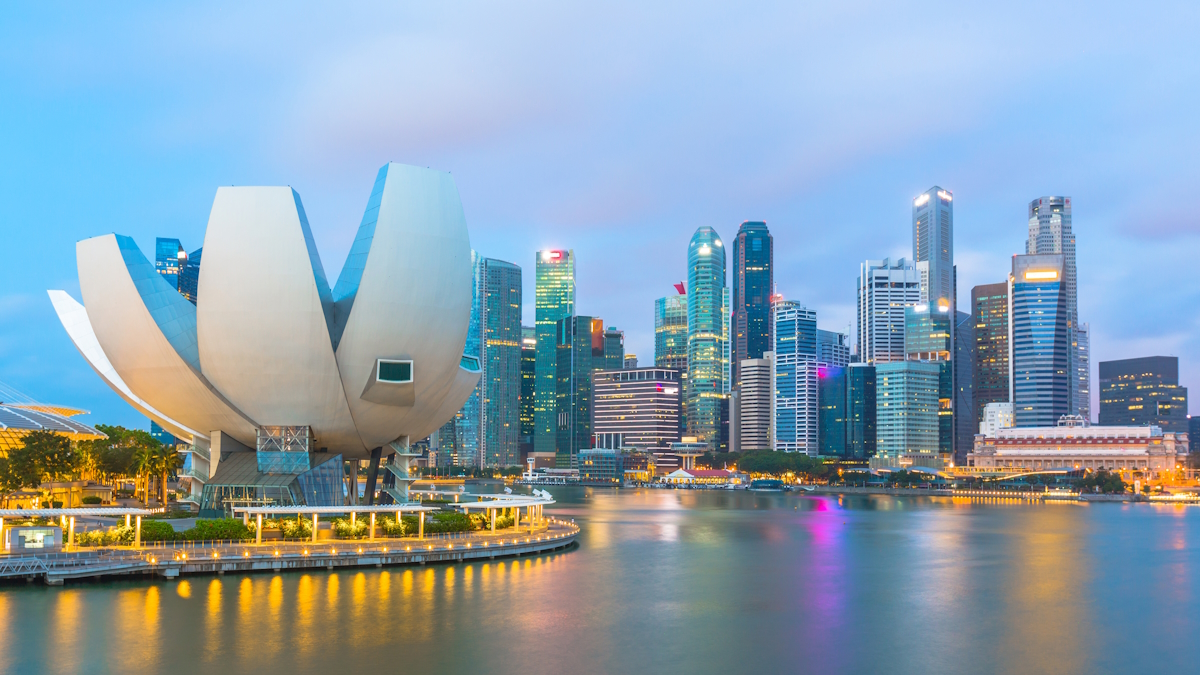Singapore’s economy experienced an annualised growth of 0.4% in the first quarter of 2023. On a quarter-on-quarter, seasonally-adjusted basis, the economy contracted 0.4%, marking a reversal from the 0.1% growth in Q4/2022.
However, Singapore’s Ministry of Trade and Industry (MTI) does not expect a technical recession this year. “Given the downside risks and the weakening outlook, we cannot rule out the possibility that there could be some quarters of negative Q-o-Q growth this year. But again, that’s not our baseline,” said Yik Wei Yong, MTI’s chief economist.
A technical recession is defined as two consecutive quarters of contractions. Other economists disagree with MTI’s assessment, pointing out that it is not yet certain if and when a boost from China’s reopening will affect the state.
Meanwhile, Singapore’s inflation rate fell from 6.3% in February to 5.5% in March, which was recorded as the lowest since April 2022, as food prices rose the least in three months. However, the rate made a slight jump to 5.7% in April, mainly due to transport.
How did the economy fare?
The manufacturing sector contracted 5.6% year-on-year as it had weaker exports demand to major trading partners such as China and Taiwan. While the finance and insurance sector saw a year-on-year contraction of 0.9%.
The construction sector grew by 7.2% annually, where both public and private sector construction output rose during the quarter. The real estate sector also saw an expansion as it grew 9.2% from a year ago, however, dropping from the 15.2% growth from the last quarter. The private residential property segment, along with the commercial office and industrial space segments, helped the growth.
The economic reopening of the region helped the ASEAN country’s aviation and tourism-related industries. While Yong acknowledged the downside risks from the global economy, the MTI’s chief economist said that the outlook for the aviation and tourism sector remains robust.
However, since the island state relies heavily on trade, the negative impact on Singapore of the slowdown in advanced economies and the downturn in the electronics sector cannot be ignored.
“Even if the Singapore economy were to slip into a technical recession, it is really very much manufacturing- and trade-led,” acknowledged Yong.










 Australia
Australia China
China India
India Indonesia
Indonesia Japan
Japan Malaysia
Malaysia Philippines
Philippines Singapore
Singapore South Korea
South Korea Taiwan
Taiwan Thailand
Thailand Vietnam
Vietnam
 Germany
Germany Hong Kong
Hong Kong USA
USA Switzerland
Switzerland Singapore
Singapore









